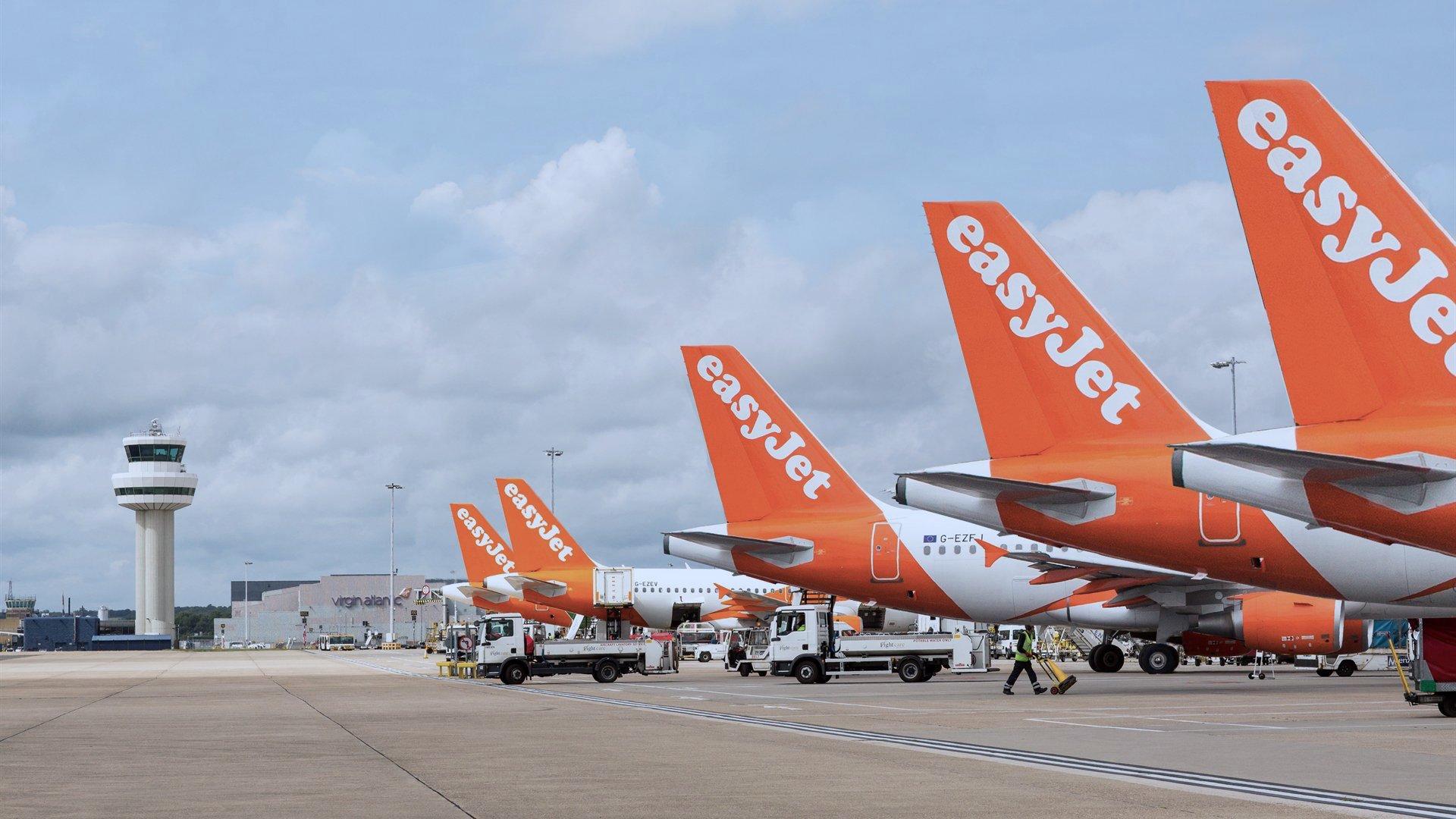
Although low-cost carriers (LCCs) had their genesis in the United States, it was the big European budget airlines that really shaped the sector’s development on a global scale.
Notably, Ryanair and Easyjet helped push the outsourcing model for LCCs’ non-core operations.
Speaking to Inside MRO last year, Lufthansa Technik sales VP Robert Gaag recalled how one LCC asked for zero downtime when putting light maintenance services out for tender. “We thought, ‘These guys are nuts!’ But when you think about it, you can use all the time at night for maintenance, just not during the day. So you can design a maintenance program around it. Of course, today, that is standard practice in the industry.”
The pressures of the pandemic have forced these LCCs to continue developing their MRO strategies, with Easyjet citing “significant progress” on its engineering costs during the six months to 31 March.
Ironically, some of that progress has meant insourcing the line maintenance work Gaag referred to above, primarily because Easyjet is now large enough to justify in-house work at several locations, “which has delivered cost savings and higher quality”, the airline stated.
Most heavy maintenance is still outsourced, though, for which Easyjet has negotiated cost savings and simpler work packages via contract extensions. It has also extended a low-cost engine shop visit contract until 2023, and concluded a “cost-effective” deal for CFM LEAP engine support.
Easyjet said it had also worked with Airbus to create more efficient six- and 12-year checks, continuing an influence it has had since the 1990s on the A320 maintenance program.
Nonetheless, although overall maintenance costs fell 43% for the six months, maintenance unit costs were almost quadrupled, “driven by the fixed element of our maintenance costs which have been spread over a much reduced capacity in the period”.
The airline kept 95% of its fleet in flight-ready condition over the winter season.





